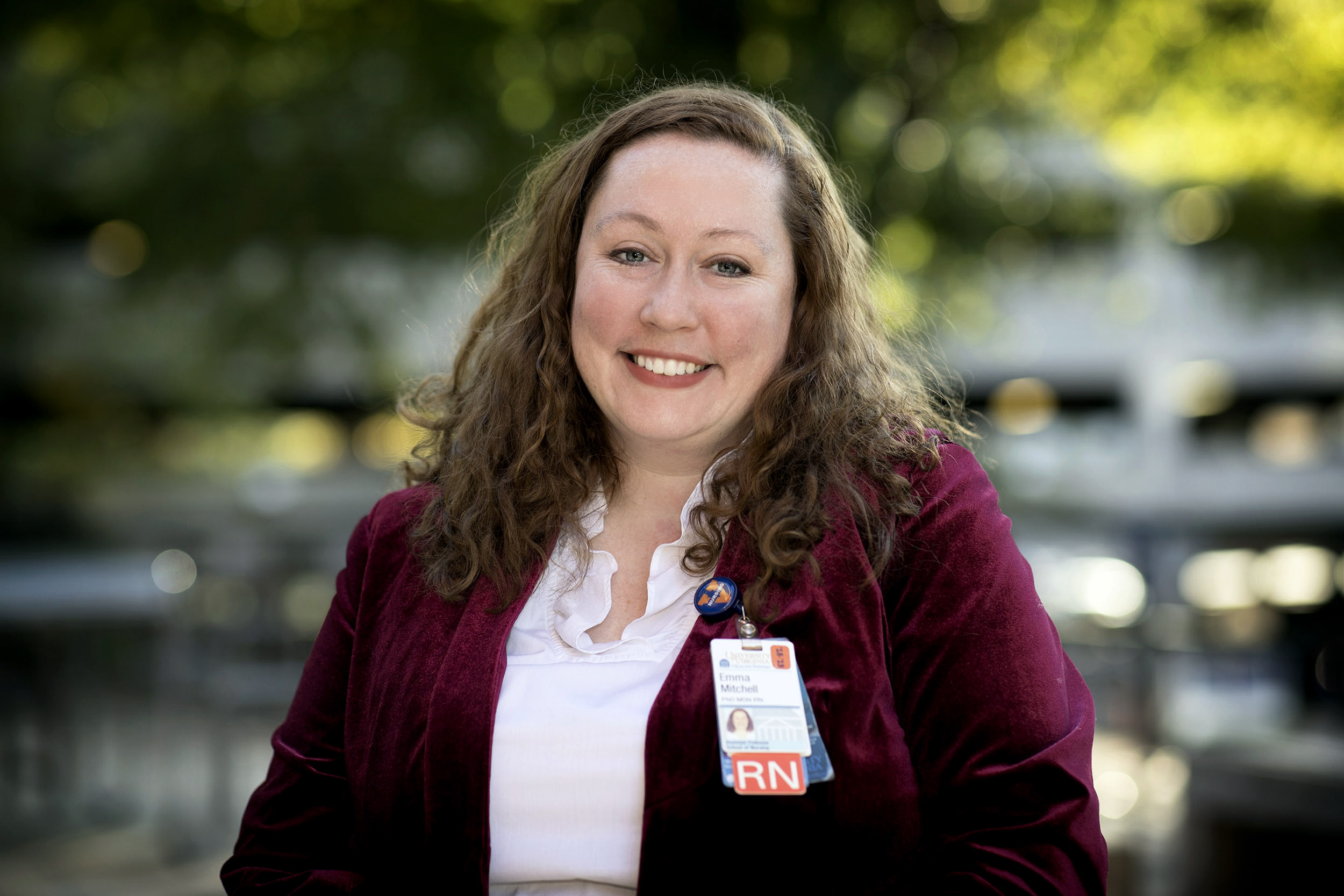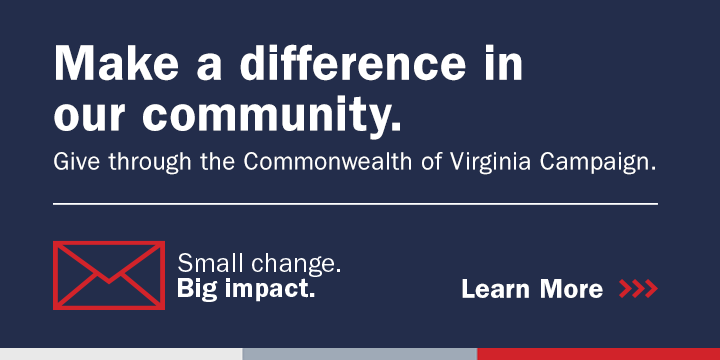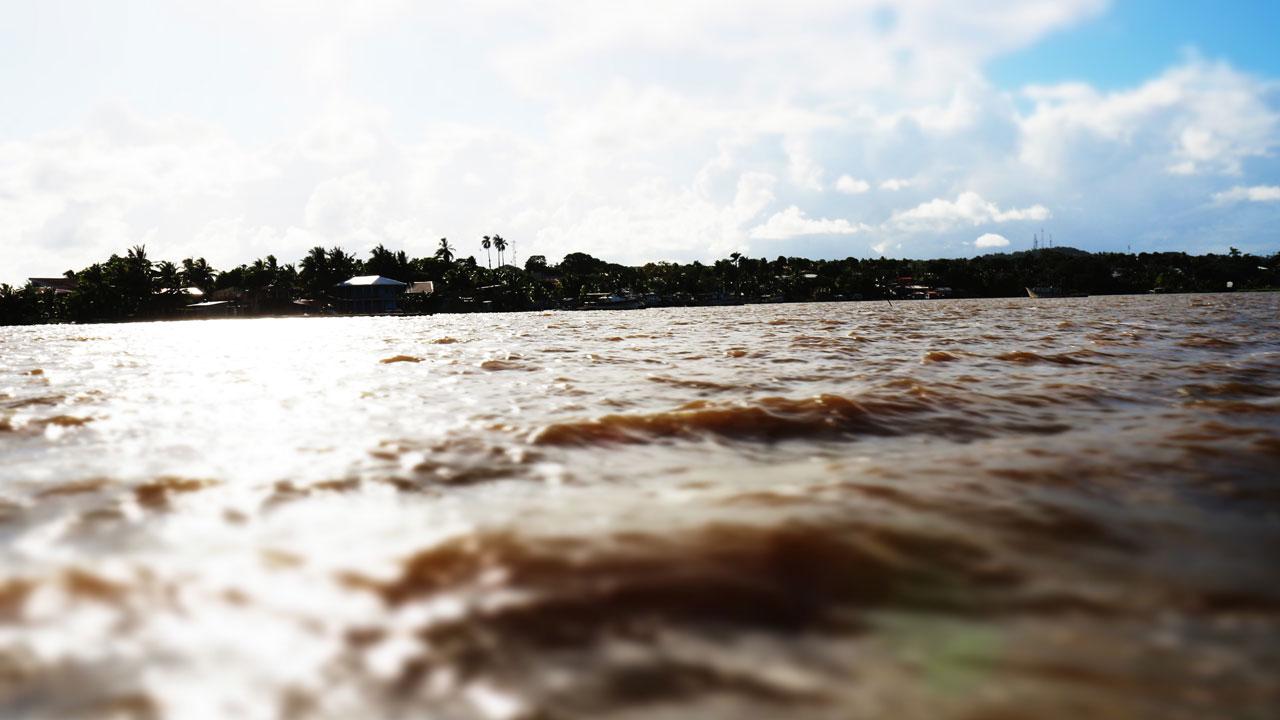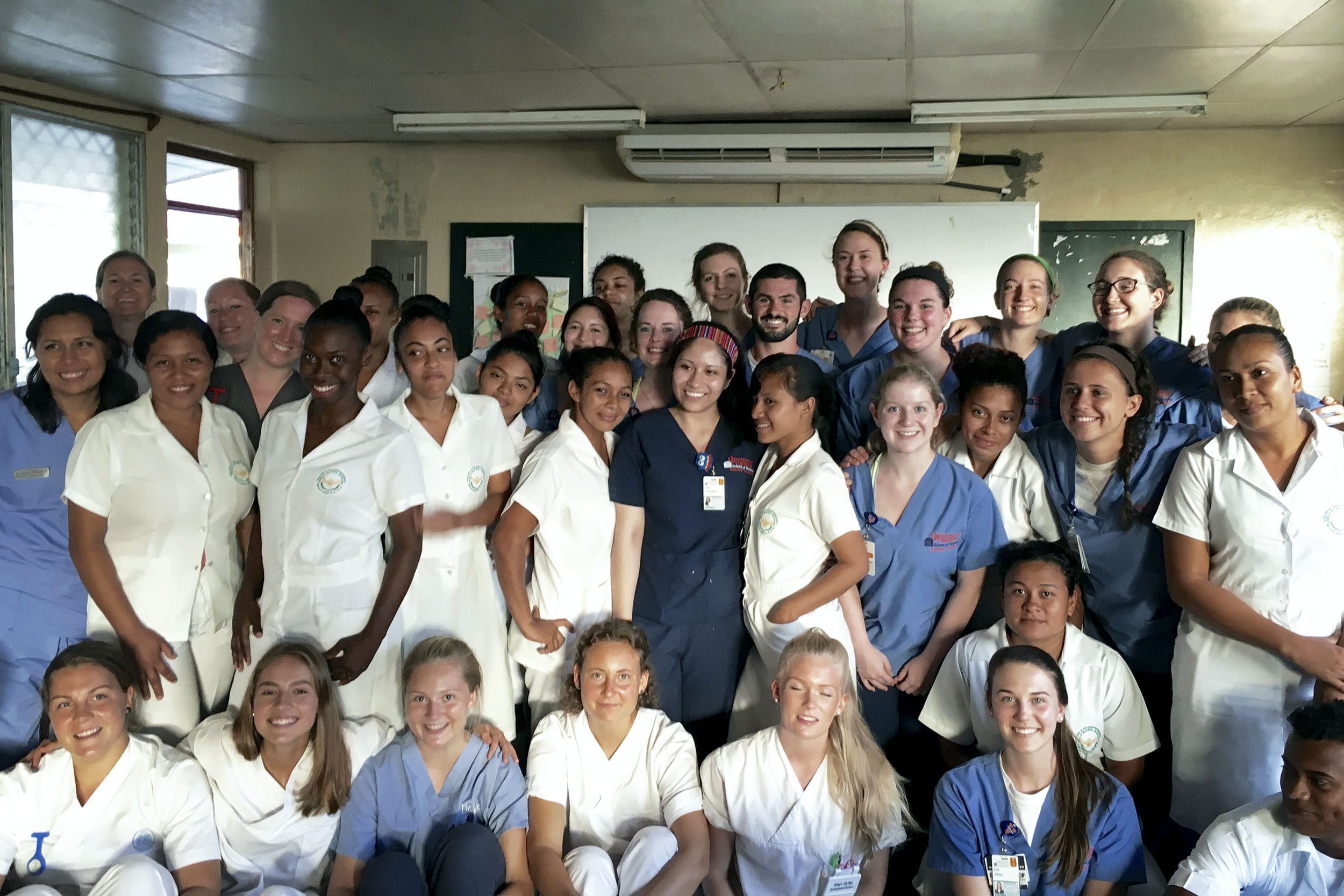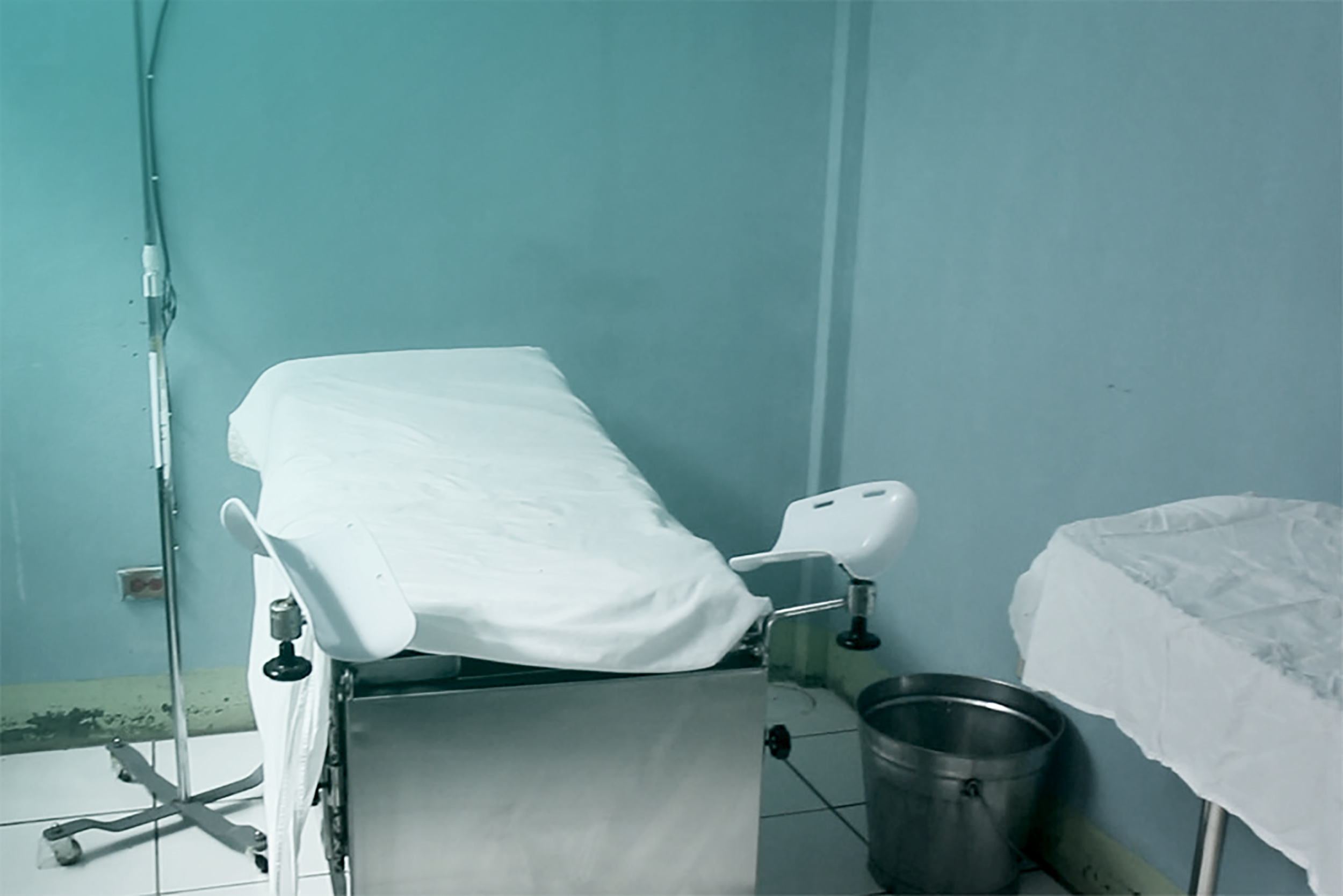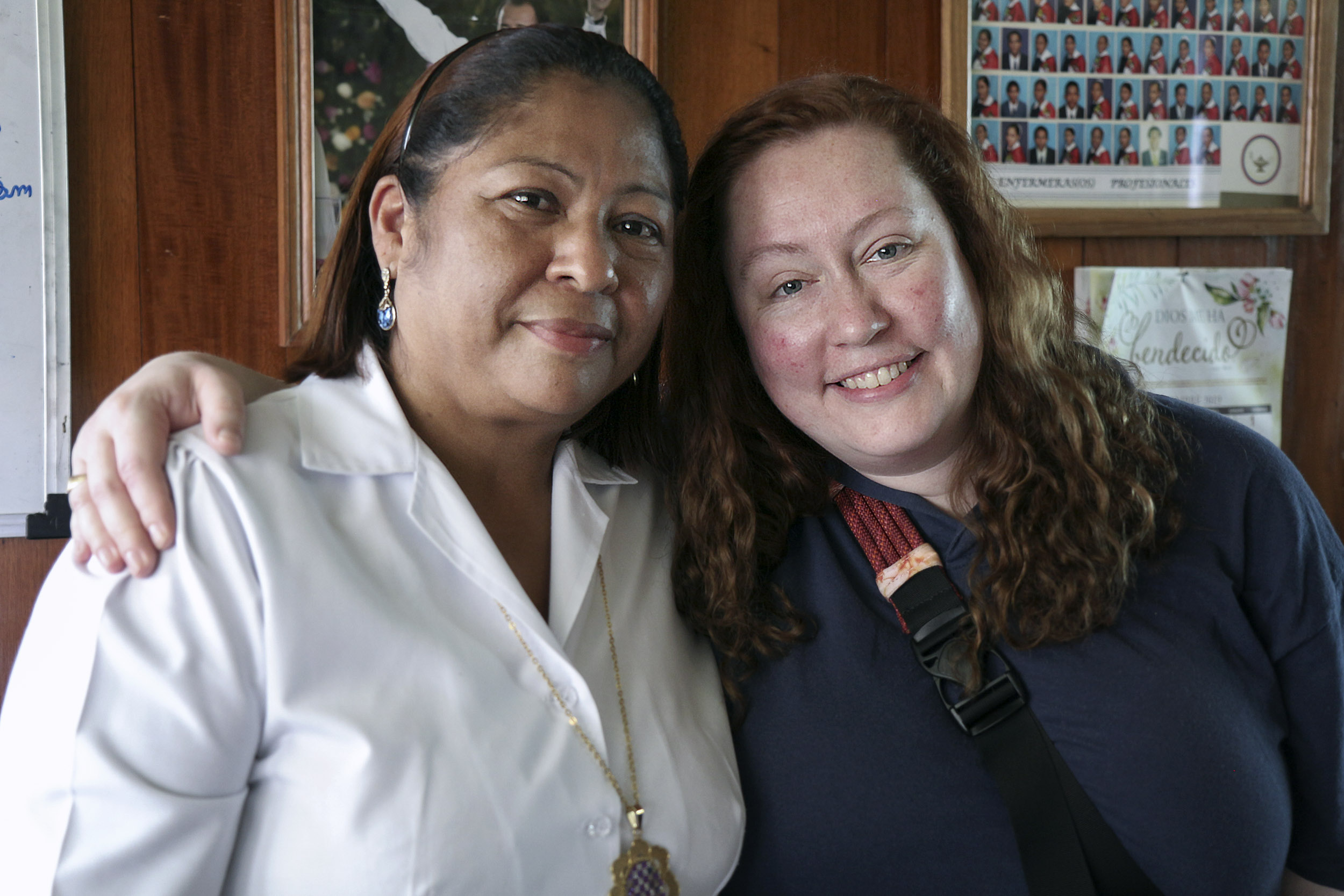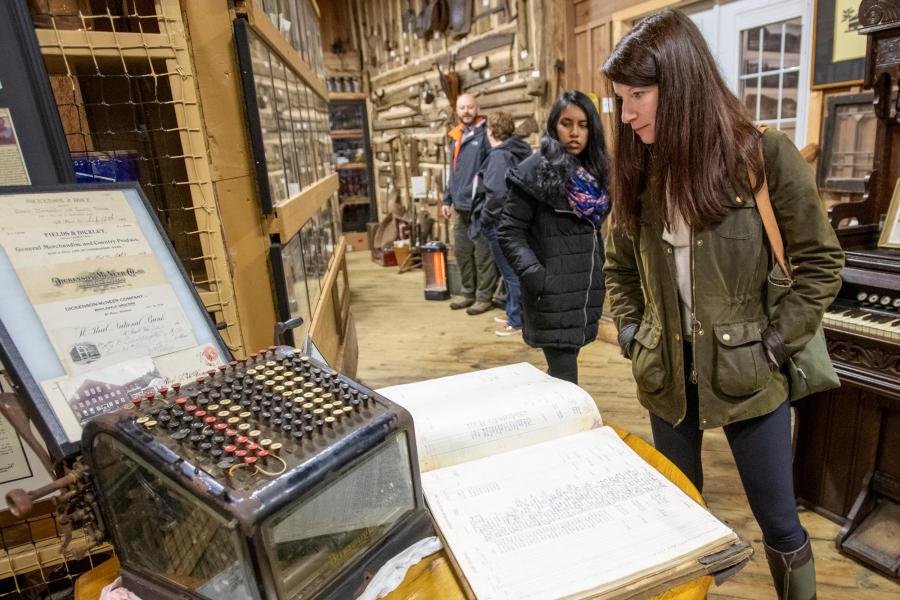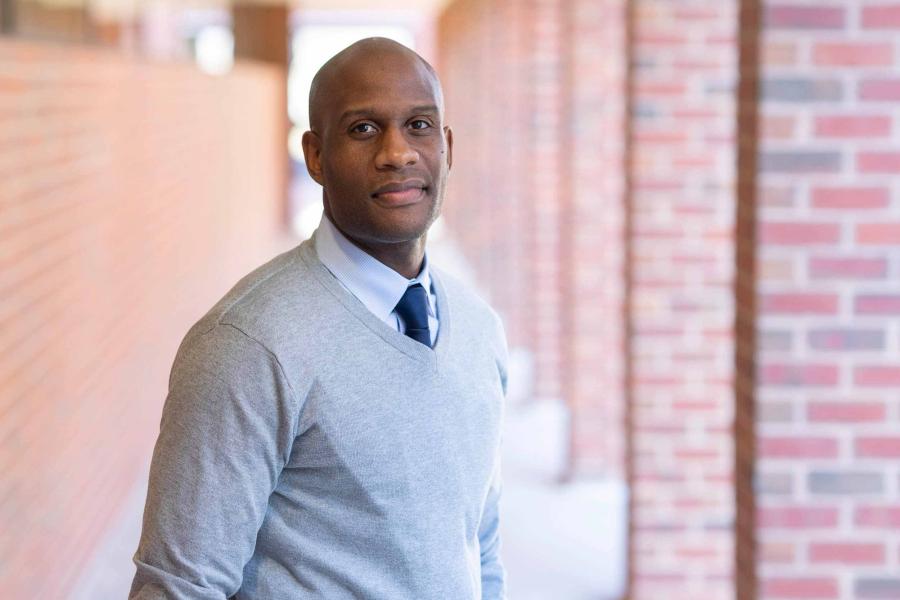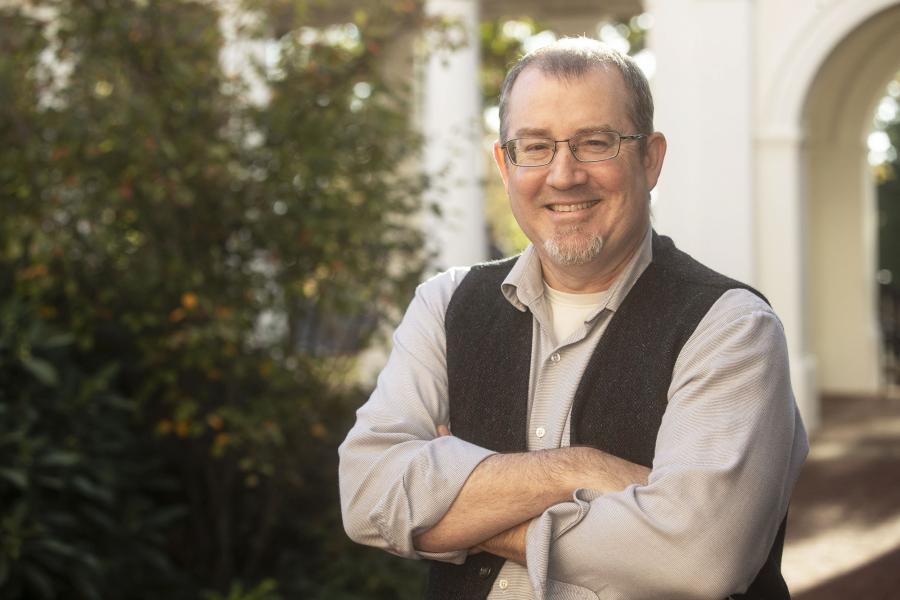Those simulations deeply resonated with students, and earned Mitchell a $87,000 Jefferson Trust Award, a Provost’s Excellence in Education Abroad Teaching Award and the Virginia Nurses Association “40 Under 40” Award.
“It really stirred up the conversation of how, in real life, things like this do happen,” explained Deja Fuller, who graduated in May with a master’s degree from UVA’s Clinical Nurse Leader program, “and here’s how you can manage it: by working with what you’ve got.”
Disease Without Boundaries
As a nurse scientist, Mitchell takes aim at cervical cancer prevention, a disease that – through vaccination, screening and treatment – is almost entirely preventable. She’s studied why Virginia teens lagged behind other states in getting the HPV vaccine, and explored the use of an HPV self-collection test in rural Virginia as an alternative to the Pap test to screen for high-risk genotypes of the human papilloma virus, cervical cancer’s chief cause. She tested novel deployment of those tests using community members as “lay health navigators” in rural Virginia, and decried that the tests remain FDA-approved in the U.S. for research purposes only, a status Mitchell hopes to change.
The culmination of those projects now comes together on the Caribbean coast of Nicaragua, where Mitchell continues – despite COVID-19 – to place cervical cancer in her research crosshairs.
The Basis for Bluefields
Across the arc of her research career, Mitchell understood that public health efforts at any scale and in any environment must fit the community they intend to serve – that a “one size fits all” approach would always fall flat. So, since 2016, she helped develop a cervical cancer screening and treatment protocol with her Nicaraguan partners that’s culturally and linguistically tailored to the Caribbean Coast where 1 million of Nicaragua’s 6 million residents live, 60,000 of them in the city of Bluefields. There, the population is comprises six ethnic groups – Mestizo, Black, Caribbean and indigenous people – who are increasingly struggling to live off of the ocean’s bounty due to changes in the climate, a fact that’s splintered families, increased rates of human and drug trafficking, and placed girls’ and women’s health – already at significant risk – in further jeopardy.
